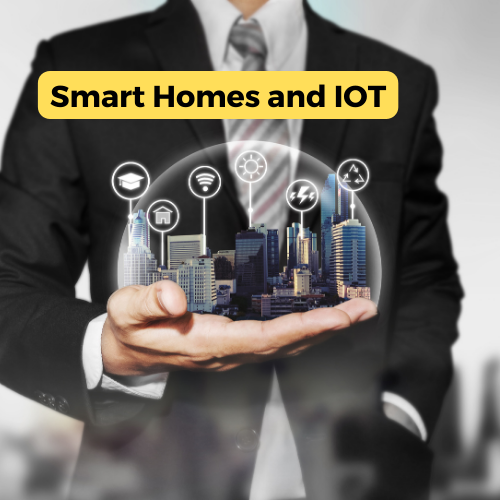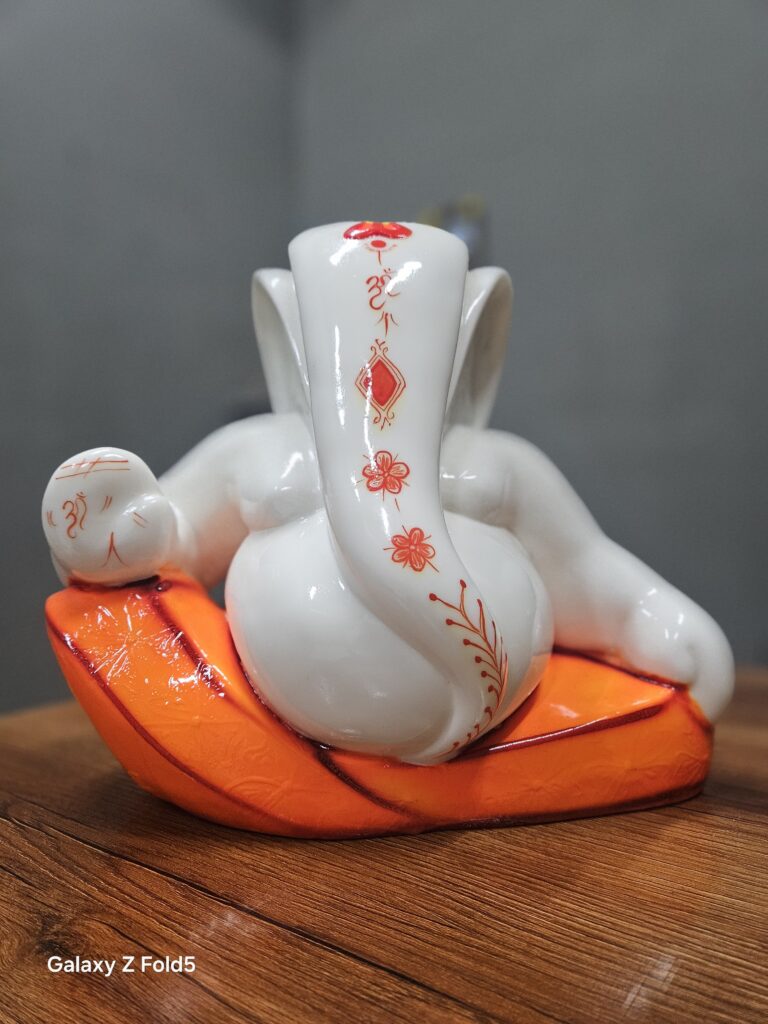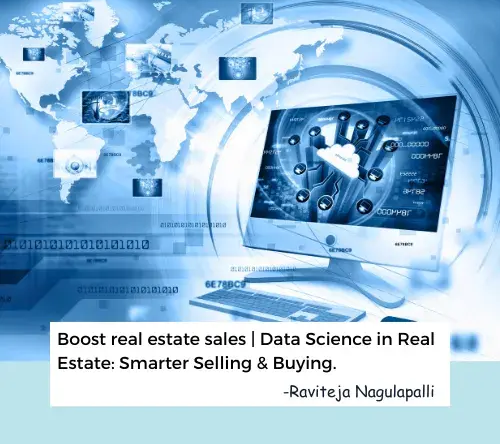The idea of smart homes and the Internet of Things (IoT) has transformed from a sci-fi fantasy into a practical reality in the ever-evolving technological landscape, revolutionising numerous sectors in the process. Among these, the real estate industry has distinguished itself as one of the primary gainers from the Smart Homes and IoT phenomenon. The incorporation of smart home features and IoT devices has not only improved homeowner comfort and convenience but has also had a huge impact on how homes are purchased, sold, and valued as technology continues to permeate every aspect of our everyday lives.
The Dawn of Smart Homes- From Fiction to Reality:
- It used to be commonplace in science fiction to control your home with a single button press or voice command.
- Smart houses, on the other hand, have made this idea a reality by providing homeowners with previously unheard-of levels of comfort, security, and energy efficiency.
- The integration of numerous systems and gadgets through a central hub, frequently managed by a smartphone app or voice-activated assistant, is referred to as “smart home technology.”
- These gadgets, which include everything from security cameras and door locks to thermostats and lighting, can be controlled and monitored remotely, providing owners more control over their property even when they are far away.
- This connectivity offers chances for energy savings by optimizing heating, cooling, and lighting depending on occupancy and environmental factors, in addition to enhancing security.
IoT’s Impact on Real Estate- Transforming Transactions and Experiences: The Internet of Things, often known as the network of interconnected gadgets, has had a tremendous impact on the real estate sector. IoT devices are easily integrated across the entire process, from the initial property search to the final transaction, to optimise operations, improve user experiences, and offer insightful data.
- Real estate virtual tours and improved marketing:
- IoT device integration has changed how homes are advertised and perceived by potential buyers.
- Prospective buyers can take immersive virtual property tours from the comfort of their homes with the help of virtual reality (VR) and augmented reality (AR) technologies.
- Real-time updates on a property’s state can be provided via IoT-enabled sensors and cameras, giving prospective purchasers a clear knowledge of the property’s features and any maintenance needs.
- Including Smart Homes in Property Valuations:
- The inclusion of IoT devices and smart home technologies has added new variables to property assessment.
- Homes with modern automation systems, intelligent security systems, and energy-efficient systems typically sell for more money.
- These amenities not only increase a property’s appeal to potential purchasers but also help save money over the long run, making it a more profitable investment.
- Simplified Asset Management:
- Due to IoT devices, property management has also undergone a substantial revolution.
- Remote monitoring of occupancy, utility use, and security by landlords and property managers enables effective resource allocation and prompt maintenance.
- The systems for managing rental properties have been streamlined to improve tenant satisfaction and decrease operational waste.
- Sustainability and energy efficiency:
- Energy efficiency and sustainability are now crucial factors for both homes and real estate developers as environmental awareness rises.
- Smart houses with IoT integration help achieve these objectives by maximising energy usage.
- For example, smart thermostats may learn the routines of the occupants and regulate heating and cooling as necessary, saving energy. IoT devices can also track patterns in energy use and offer insights on areas for development.
- Information for Real Estate Professionals Driven by Data:
- IoT devices produce a lot of data that can offer real estate experts insightful information.
- These perceptions cover consumer preferences, market trends, and patterns of property use.
- Real estate brokers and developers can adjust their offers to meet client wants by using the data at their disposal to make more educated decisions.
Challenges and Considerations: While the integration of smart homes and IoT devices in real estate offers myriad benefits, it also poses certain challenges that need to be addressed.
- Concerns about privacy and security: IoT device connectivity raises questions regarding data security and privacy. Homeowners must make sure that their electronic equipment are sufficiently shielded from online dangers and unauthorised access. Similarly, real estate professionals need to put strong security measures in place to protect confidential client data.
- Technological Disparity:The wide variety of IoT devices on the market frequently use many platforms and standards. This may cause compatibility problems and obstruct the seamless integration of different systems within a building. To solve this problem, the industry needs to work together to create uniform standards that guarantee interoperability.
- Skill and Knowledge Gap: To fully harness the potential of smart homes and IoT devices, homeowners and real estate professionals need to be well-versed in their operation and maintenance. Bridging this knowledge gap through training and educational initiatives is essential to ensure the successful adoption of these technologies.
Smart houses and IoT in real estate are on a growth and innovation trajectory. The limits of what is possible in the field of connected properties and smart homes will increase as technology develops. The capabilities of IoT devices will be improved through the integration of artificial intelligence, machine learning, and predictive analytics, providing even more individualised and effective solutions.
In conclusion, the convergence of IoT technology and smart homes has revolutionised the real estate sector and altered how homes are purchased, marketed, and used. This technological development has had substantial and wide-ranging effects, from raising property values to revolutionising property administration. Although there are difficulties, the advantages in terms of comfort, energy efficiency, and data-driven insights are appealing.




